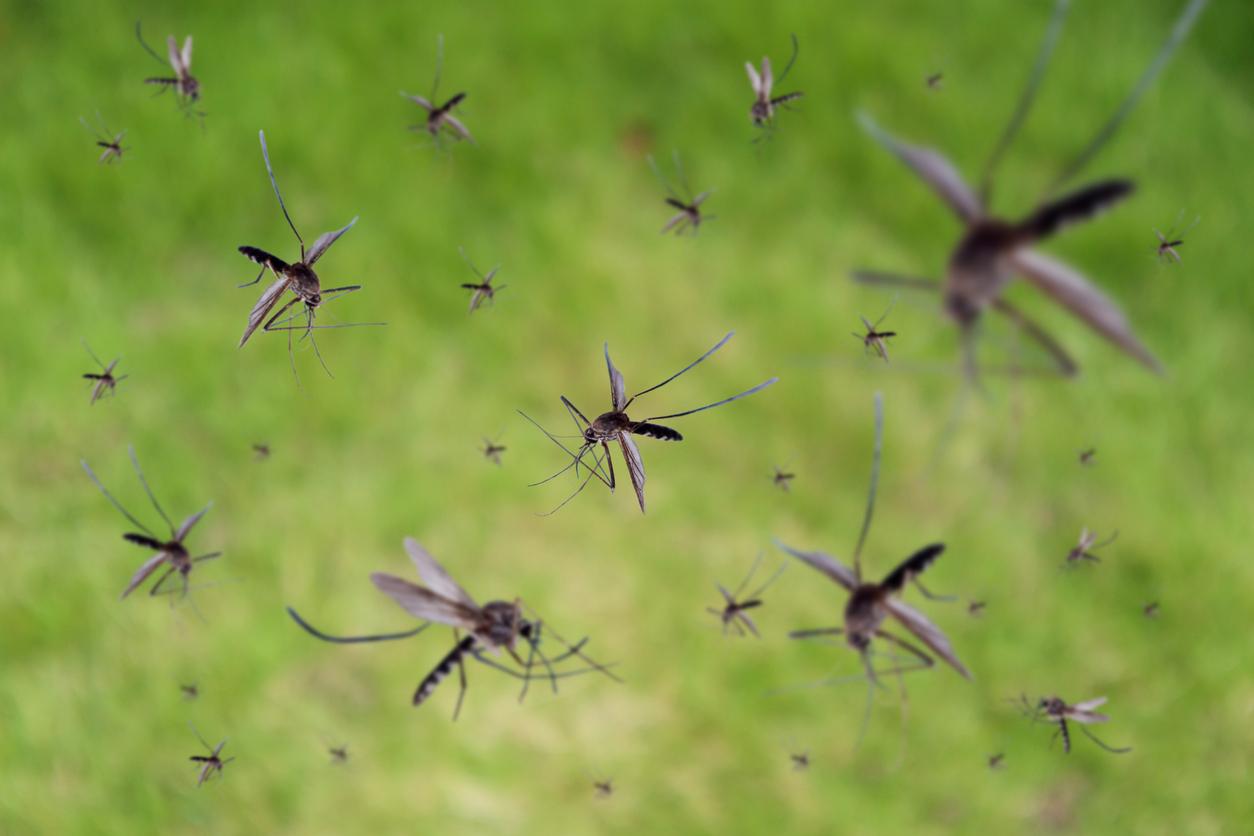The African continent, so far spared by the pandemic, is holding its breath. The number of cases is increasing and the WHO is calling on states to maintain restrictions despite a relaxation in the various societies on the continent.

Is Africa really spared from Covid-19? According to the latest report of June 23 from the WHO African office, the continent has 236,909 confirmed cases of the disease as well as 5,257 deaths – slightly less than all the cases recorded in Italy and a death toll lower than that of Sweden. Despite this extremely positive assessment for this continent made up of more than 1 billion inhabitants, the WHO calls on the 47 countries it observes to continue their efforts.
“The Covid-19 pandemic continues to evolve in the African region with a rapid increase in new cases and deaths albeit disproportionately between countriesanalyzes the international organization. Multiple governments are gradually easing lockdown restrictions including the reopening of businesses and schools. However, restrictions on border crossings and airport operations maintain their effects. Countries must continue to implement public health policies to slow this rapid increase in the number of cases.“
The epidemic is gaining momentum very markedly in some countries. “Since the June 17 report, 51,839 new cases have been observed – an increase of 28% – in 44 countriesanalyzes the international organization. Of these 51,839 new regional cases more than half – 57% – or 29,774 were recorded in South Africa.“It is also progressing rapidly in Namibia (+112%, from 34 to 72 cases), Mauritania (+65%, from 1,887 to 3,121 cases), Benin (+60%, from 532 to 850 cases), Botswana ( +48%, from 60 to 89 cases) and Malawi (+42%, from 564 to 803 cases).The countries most affected by the pandemic are: South Africa (106,108 cases for 2,102 deaths), Nigeria (21,371 cases for 533 deaths), Ghana (14,568 cases for 95 deaths), Algeria (12,076 cases for 861 deaths), Cameroon (12,041 cases for 308 deaths).
The WHO notes in some countries a mortality rate well above the average (2.6% on the African continent). This is particularly the case in Chad – which is in the process of setting up its mortality surveillance – (8.6%), Algeria (7.1%), Niger (6.4%), Burkina Faso (5.9 %), and Mali (5.6%). Figures above the world average of 5%.

Interrogations and monitoring
How to explain that Africa is so little affected? Many hypotheses are exchanged around this mystery. “There is certainly a weakness in testing, which we have also observed in countries with much more resources. But today we have enough hindsight to link the low number of cases to other factors: youth of the population [NDLR : l’âge médian en 2012 sur le continent était de 20 ans]low urbanization, less intra- and inter-urban mixing, greater precocity in taking protective measures… I am positive on this point“, assures Dr Moumouni Kinda, director of operations of the non-governmental organization ALIMA, stationed in Senegal on Jeune Afrique. sometimes an absence of fear due to a lack of cases around you and therefore a use of avoided or late treatment, according to Le Mondeor the fear of being discriminated against in particular in Libya according to RFI.
Hidden dead?
Are there any hidden deaths? The director of operations of Médecins sans frontières (MSF) and global coordinator on Covid-19 also asked. “We conducted an investigation in Kano, a city in northern Nigeria where suspicious deaths had been reported to us.says Isabelle Defourny. But we were not able to work on the causes of death a posteriori and, if we did observe an increase in burials in the cemeteries of the city, we must take into account the fact that, during the epidemic, the bodies were no longer repatriated to the villages “, she told Le Monde. For lack of visibility, it excludes Le Monde from “to have missed a real excess of deaths”. For the director of the Pasteur Institute in Cameroon Elisabeth Carniel, the environment in Africa cannot be compared to temperate countries: “we are on very different patterns of progression of the virus from those experienced in Europe or the United States. Despite the number of cases increasing faster than in previous months, our curves are nothing like those of other continents”, she assures the World.
.
















